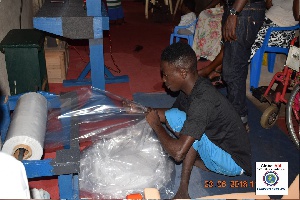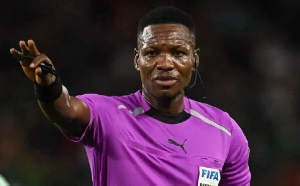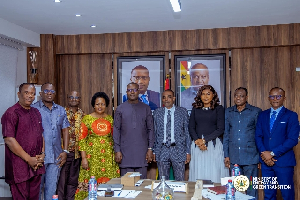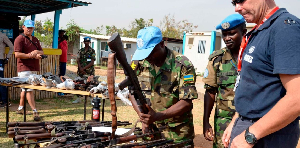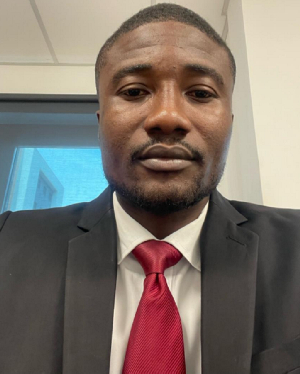The Global Aid for Marginalized Ghana in partnership with Mamprobi Church of Christ has brought smiles to some persons living with disabilities in the country under the Ghana literacy entrepreneurial and industrialization program for persons with disabilities (PWDs).
The move is geared towards equipping them with the needed skills and establishing them in businesses.
This according to the project owner will help the PWDs make a living and become self-sufficient so they do not become the societal burden in the future.
The three-day program by the Global Aid for the Marginalized saw an intensive industrial training of the persons living with disabilities in margarine, sugar, gari, 'olonka', groundnut, bread, onion and banku rubber production.
Speaking on the subject, the Executive Director of the project scheme, Francis Botchwey said “equipping and establishing them in business will enable them to become self-sufficient rather than being dependent".
Some of the trainees expressed their profound gratitude to the global aid for the marginalized.
“I am extremely happy for today because over the years I together with my brothers and sisters have been begging on the streets of Accra. With this training, I can go back to my village and establish my business,” Abena Agyara one of the trainees said.
The Ghana literacy entrepreneurial and industrialization project under the Global Aid for the Marginalized was launched in 2015 by the then Deputy Minister for Gender, Children, and Social Protection.
The Global Aid for the Marginalized is a fully registered Non-Profit (charity) Organization that is headquartered in Ghana to reach the marginalized in Africa to build a better life. We embark upon poverty alleviation programs which focus on reducing hardship in the marginalized communities of Ghana.
General News of Thursday, 28 June 2018
Source: Veronica Owusu Ansah

